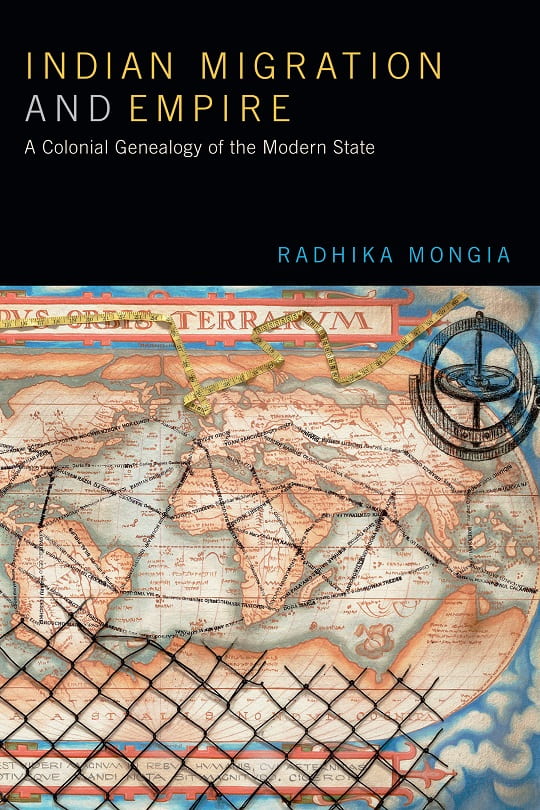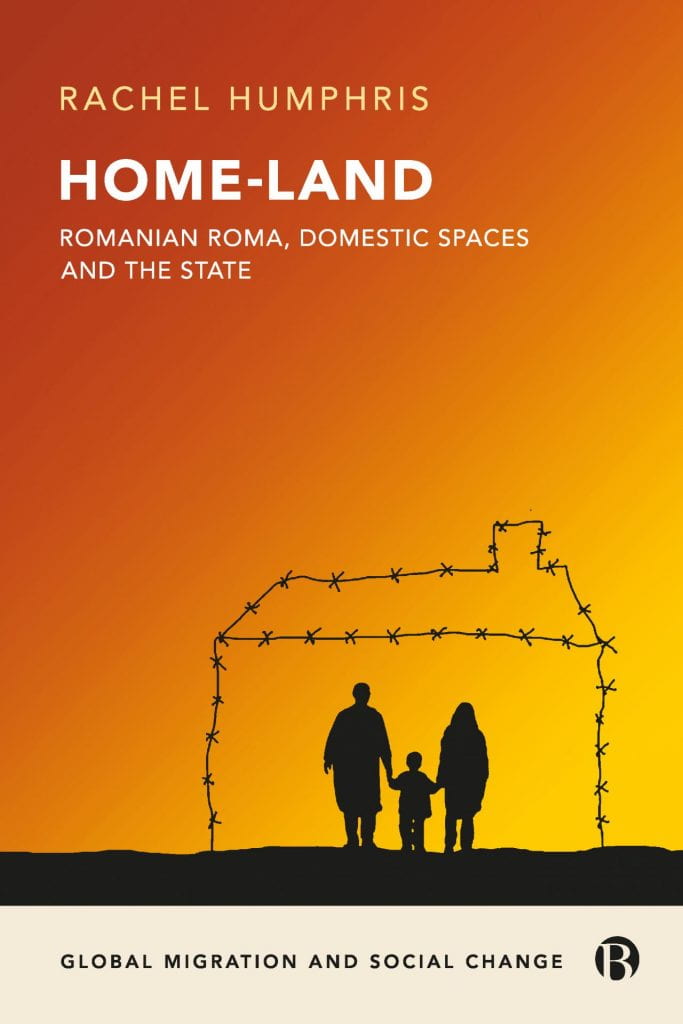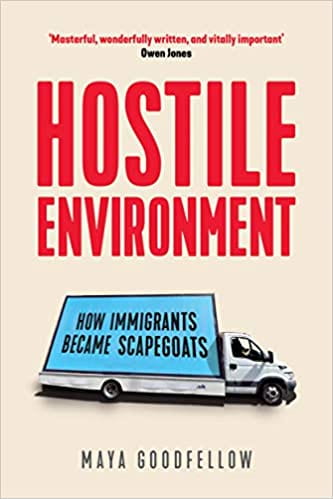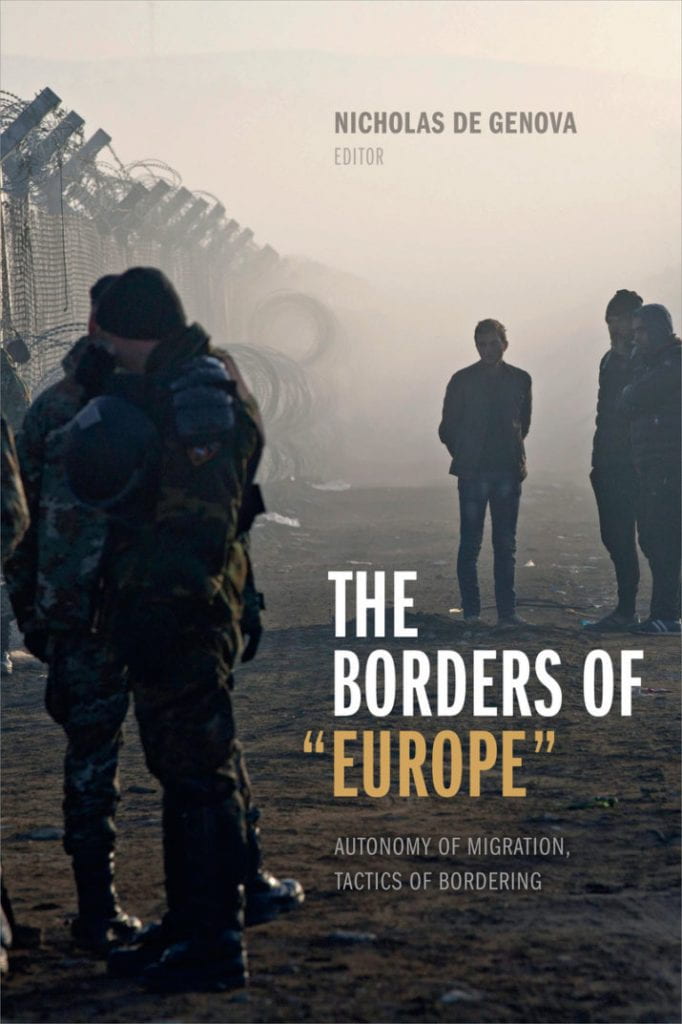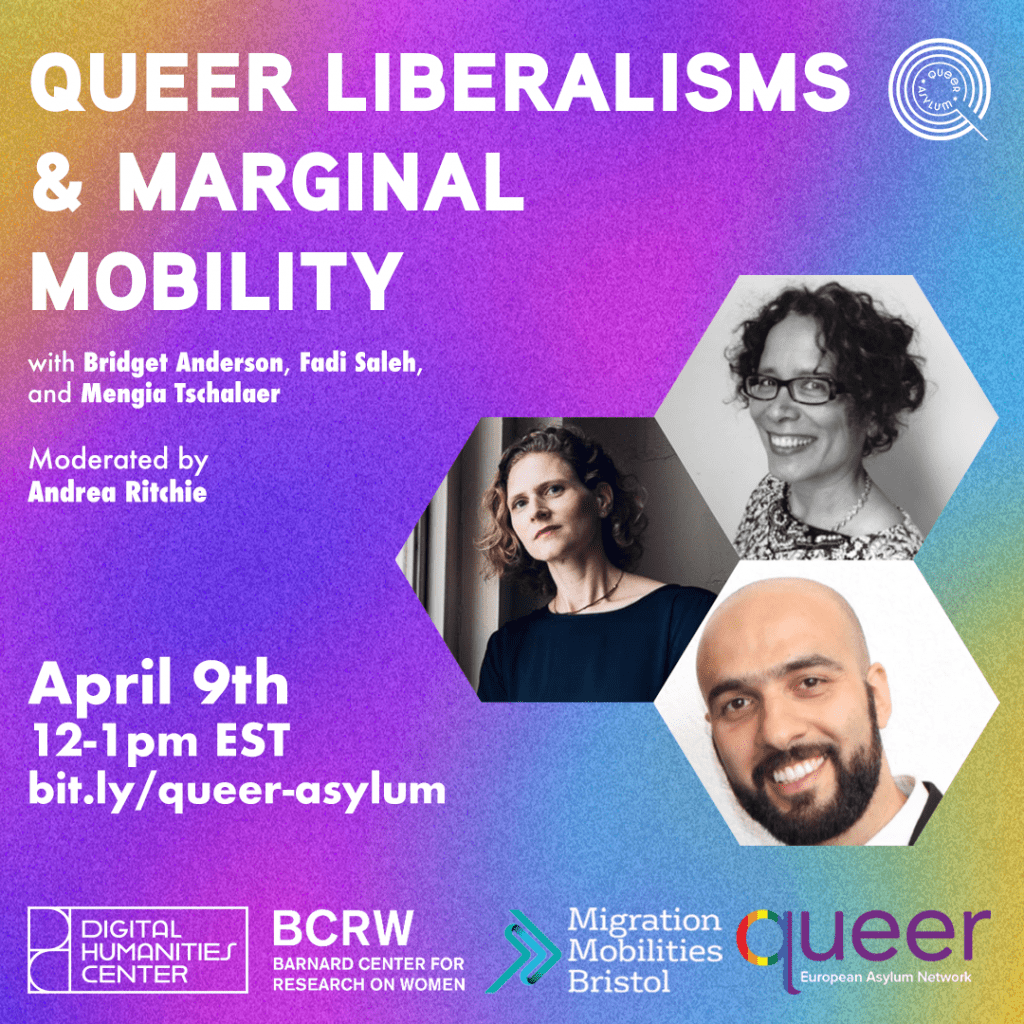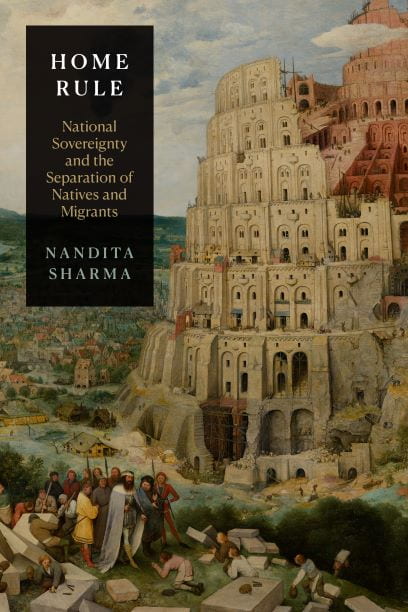By Michaela Benson.
Since it opened on 31 January 2021, the designated route for Hong Kongers to settle in the UK—the Hong Kong BN(O) visa (HK BN(O))—has received 64,900 applications. The presentation of this route to settlement in the UK as ‘bespoke’ indicates that this is an exception to ordinary immigration controls. In what follows, I argue that the presentation of the HK BN(O) visa as the poster child for current Conservative Government’s self-proclaimed ‘fair and generous’ approach to immigration—an apparent exception to the ‘Hostile Environment’—functions discursively to demonstrate that ‘Global Britain’ has fulfilled the Brexit mantra of ‘taking back control’ of its borders. However, my analysis extends beyond this to consider how these provisions relate to the ambiguous status of the Hong Kongers in Britain’s nationality law, and the longer history through which they were transformed from citizens to migrants. In this way, I explore how the UK’s contemporary citizenship-migration nexus reproduces the logics and legacies of colonialism to offer new sightlines on the coloniality of ‘Global Britain’.
Exceptional circumstances, bespoke visas
The bespoke provisions for the Hong Kongers were introduced as part of a package of exceptional measures that the UK Government had taken in light of their perception that the ‘One Country, Two Systems’ solution had been breached by the imposition of national security law in Hong Kong SAR (special administrative region). Presented as offering a safe haven to some of the residents of Britain’s so-called ‘last colony’ and receiving a remarkable level of cross-party and cross-house support, the exceptions to ordinary immigration controls to a named population in light of political oppression and instabilities seems laudable.
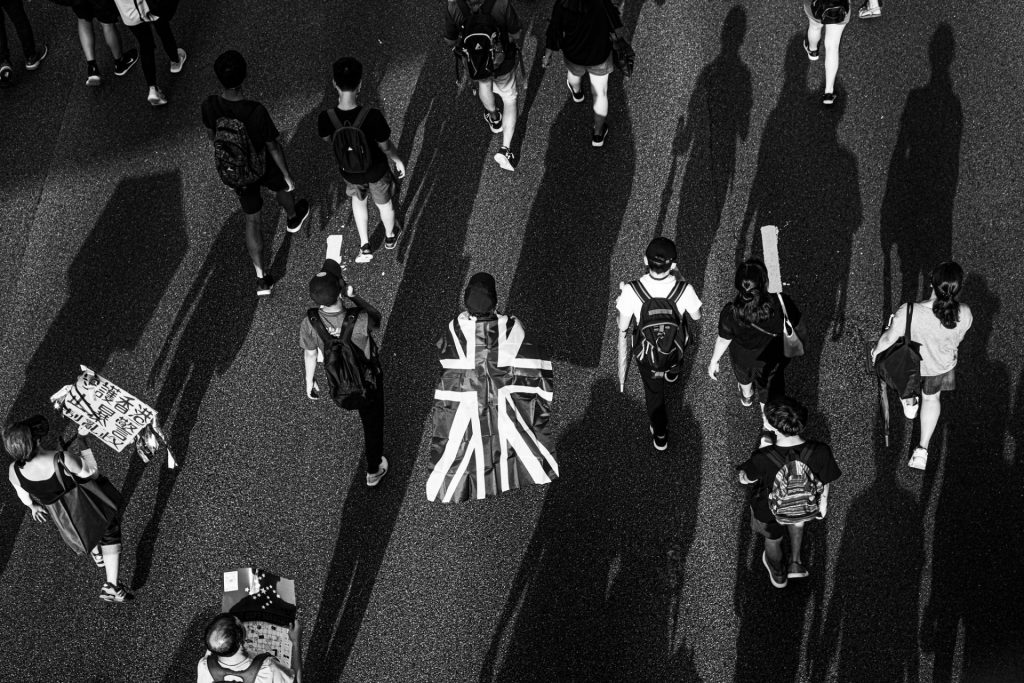
Available to those with a continuing tie to the UK through their status as British Nationals (Overseas), the HK BN(O) visa has relatively favourable terms of settlement in contrast to standard visa routes. For those applying to enter the UK through this route there is no requirement for a minimum or guaranteed income; funds have been set aside to establish ‘Welcome hubs’ intended to support the integration of Hong Kongers; and there are concessions in place to allow those on a low income to apply for benefits to meet housing need, essential living costs and child well-being.
This is the first ‘bespoke’ scheme launched since the end of the Brexit transition period, pre-empting the UK’s New Plan for Immigration in March 2021. It is likely that there will be more to follow. Notable is the way that this has been narrated, signposting the removal of freedoms from the Hong Kongers as driving the UK’s response. In other words, this is a moral commitment to providing humanitarian support. Indeed, at the time of writing Home Secretary Priti Patel MP was using similar narratives to justify the government’s proposal to resettle 20,000 Afghan refugees. And while there are urgent questions to be asked about the deterioration of human rights since the imposition of National Security Law in Hong Kong, within which the emergence of the HK BN(O) visa is caught up, it is also important that we consider the significance of this bespoke visa in the emerging context of ‘Global Britain’ and its borders.
‘Global Britain’ and its borders
The HK BN(O) visa emerged in the context of far-reaching immigration reform introduced in the wake of Brexit. Legislation that repealed EU Freedom of Movement Directives and extended immigration controls to EU citizens seeking to enter the EU after 31 December 2020 was additionally used as a vehicle to shepherd in a new plan for immigration. This plan foregrounded the benefits of controlled and circumscribed immigration to the British state and economy. It privileged an image of the ‘good migrant’ who, whether through skill—narrowly defined by level of education—or income, might contribute to the success of ‘Global Britain’.
Home Secretary Priti Patel MP has repeatedly claimed that the provisions offered to the Hong Kongers are evidence of the current Conservative Government’s ‘fair and generous’ approach to immigration and a longstanding commitment to offering sanctuary for those who have had their liberty and freedoms curtailed. In the context of Brexit, framed around ending freedom of movement and Britain ‘taking back control’ of its borders, offering this bespoke route is an outward demonstration that ‘Global Britain’ can now pick and choose which migrants it wants, offering them special conditions as it deems fit. Understood in this way, the bespoke visa may reinforce a politics of migration that pitches the ‘deserving’ or ‘good migrant’ against those judged as undeserving, as fraudulent, as no good for Britain.
The work of exception
In what follows, I provide further context to the emergence of the bespoke visa reflecting on earlier transformations in the status and rights of the Hong Kongers in British legislation, notably their shift from full imperial citizens to the ambiguous legal status on which the current visa rests. The 1962 Commonwealth Immigration Act first introduced restrictions on their rights to migrate and settle in the UK. Nominally citizens, at the UK’s borders they were remade as migrants. In 1981 their rights – diminished through immigration legislation – were institutionalised in nationality law, with their new status as British Dependent Territories citizens (BDTC) naming them as belonging to Britain but not part of it. Hong Kong—remaining a colony until 1997—and its people were anachronistic in the context of a state prematurely claiming its post-imperial credentials and building a national polity. Following the conclusion of the Sino-British negotiations on the future of Hong Kong, their status was given a new, unique moniker: British Nationals (Overseas).
Ambiguity has long been a characteristic of Britain’s migration-citizenship nexus and has been institutionalised into its legal forms. But centring these exceptional statuses in our analyses and locating them in their longer histories shows that the production of exception has long been part of the system. The already-exceptional BN(O) status, an afterlife of empire, has been re-infused with meaning and made fit for purpose in this political moment. The continuity of exception—albeit to different ends—speaks to a longer political project of bordering that stretches from Britain’s decolonisation to the present day. The continuing differentiation at the heart of Britain’s nationality legislation is a reminder that colonial logics and legacies structure the contemporary citizenship-migration nexus.
In this way, the coloniality of ‘Global Britain’ and its borders becomes all the more visible as we think about the bespoke HK BN(O) visa in the context of Britain’s new immigration plan, its longer history of legal relationship to the people of Hong Kong (and the erosion of their rights) and the exception and ambiguity of its political projects of bordering, past and present.



